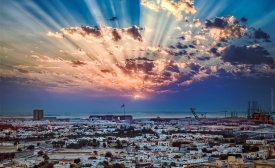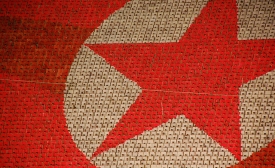nation branding
In 1999, the first Starbucks café opened in China. The Seattle-based coffee chain, the world's largest, now operates a network of 1,500 shops across China, which is now its second-most-important market after the US [...] But Starbucks is facing competition.
More than 50 current presidents, prime ministers and monarchs were educated at UK universities, but Britain risks losing international influence if its punitive student visa policy shuts out future leaders, a think tank has said.
While Prime Minister Narendra Modi was visiting the US, we went on an ECFR study trip to New Delhi to ask ‘What does India think?’ […] The Modi government, unlike its predecessors, has been harnessing a source of soft power: the Indian diaspora. According to the Ministry of Overseas Indian Affairs, India has the second-largest diaspora in the world, estimated at over 25 million. Roughly 1.5 million overseas Indians live in the UK and around 3.2 million in the US.

The second edition of Nation Branding: Concepts, Issues, Practice is now available, and features the role of nation branding and image management for international governments including China, Cuba, Ghana, India and the United Arab Emirates.

TODAY: Join in this discussion on North Korea’s future outcomes on October 26.
Despite sharing many cultural affinities, Indonesia and Malaysia have had a checkered relationship over the past 50 years […] but underneath the tensions, there are lessons Jakarta can learn, and these may help explain why Indonesia’s soft power is not yet at the level it ought to be.
Walk with Al Jazeera’s Basma Atassi in Mecca, as she takes you on a tour to see the major landmarks that millions of Muslims visit during the period of Hajj, the annual Islamic pilgrimage.







